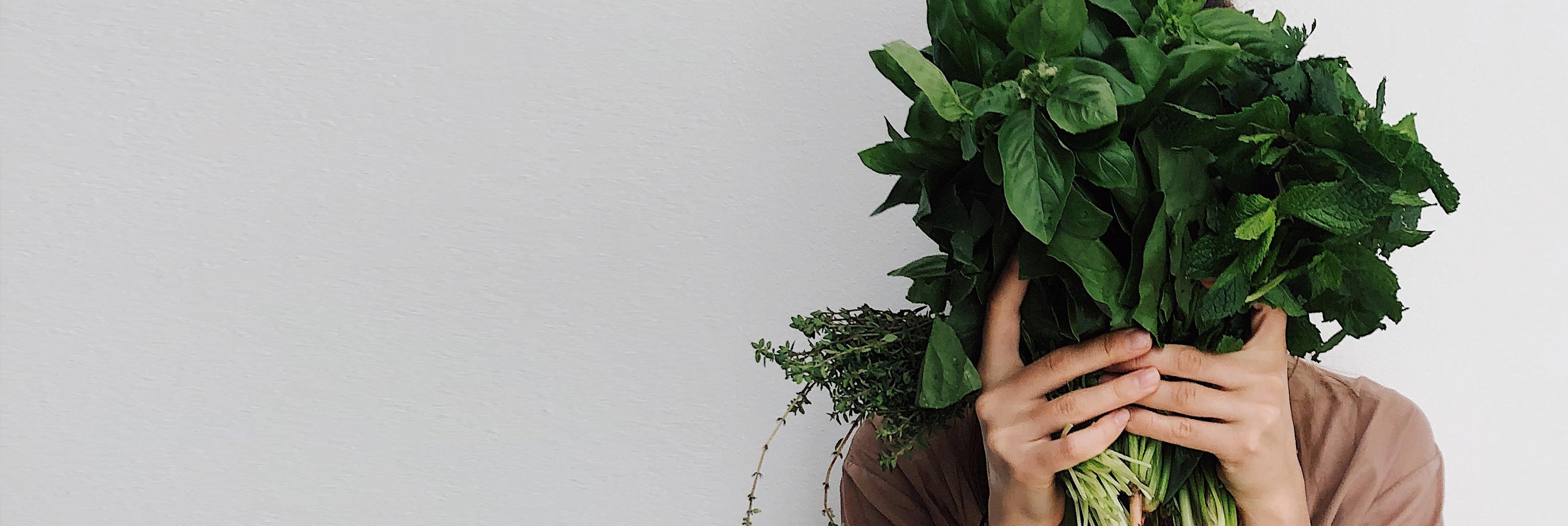For those who choose to consume more or entirely plant-based foods, adequate protein intake often becomes a matter of concern. Getting enough of protein is a challenge, and the tricky part of it is to identify the best sources to obtain that protein.
Importance of protein
Consistent supply of protein is important for our body- it helps build and maintain muscle mass, maintain nail and hair health, boosts healing from cuts and bruises and also influences the immune system and hormones. When combined with exercise, protein proves to be an excellent muscle builder too.
One-size doesn’t fit all
The ‘right’ quantity of protein varies from person to person. Their body type, preferences and fitness goals are defining factors that need to be accounted for when deciding about the volume of protein intake. Also, the ability of their body to absorb protein makes a difference too. If they have certain allergies, or are intolerant to certain foods, then their food choices for good protein intake might be further reduced.
Pregnant or breastfeeding women, young boys and girls in their growth phase, those who participate in intense physical activity etc., belong to the group of people who need more protein than others. For vegans and vegeterians, high protein food options are lesser compared to non-vegetarians. However, with proper planning, even high protein requirements can be met through a plant-based diet.
Animal vs plant sources of protein
The human digestive system is structured in such a manner that protein from animal sources is better absorbed than that from plant sources. Since the digestibility of the protein from plant-based food is low, you need to ensure more protein intake than someone who consumes animal products.
Best plant sources of protein
- Edamame soybeans, tofu and tempeh, all found in many dishes across many cuisines, are protein rich and are also easily available in food marts. Soy products have been at the centre of controversies vis-à-vis safety (risk of breast cancer in women, adverse effects on thyroid, on testosterone in men, etc.), but research has proven that they are completely safe, as long as not consumed in excess. Soy flour is readily available in stores, and so is tofu.
- Lentils, liked by most people for their nutty, rich flavours, are rich in protein, fibre and carbs, and are found almost all over the world.
- Beans, packed with carbs and fibre, also have considerable amount of protein. Take your pick from rajma or kidney beans, black beans, matki beans or chickpeas (chhole).
- Sunflower seeds, sesame seeds and similar seeds, and grains like bajra, ragi and oats also provide a decent amount of protein
- You may also pick up several plant-based protein powders off the shelves- markets stock various vegan blends that consist of pea, soy, hemp, rice and so on. Pea protein powders are the most popular option.
- TVP, or textured vegetable protein, obtained from soy protein isolate, is basically processed form of protein derived from soybeans. With a ground meat-like texture, it offers high quality protein
- Seitan, a protein made of wheat gluten is another option you can consider in moderation if you are not allergic to gluten,
Wrapping up
Daily planning is crucial for vegans to meet their protein requirements. Try out the options listed above. Stock up your weekly proteins in bulk and plan for your protein-rich dishes in advance.

